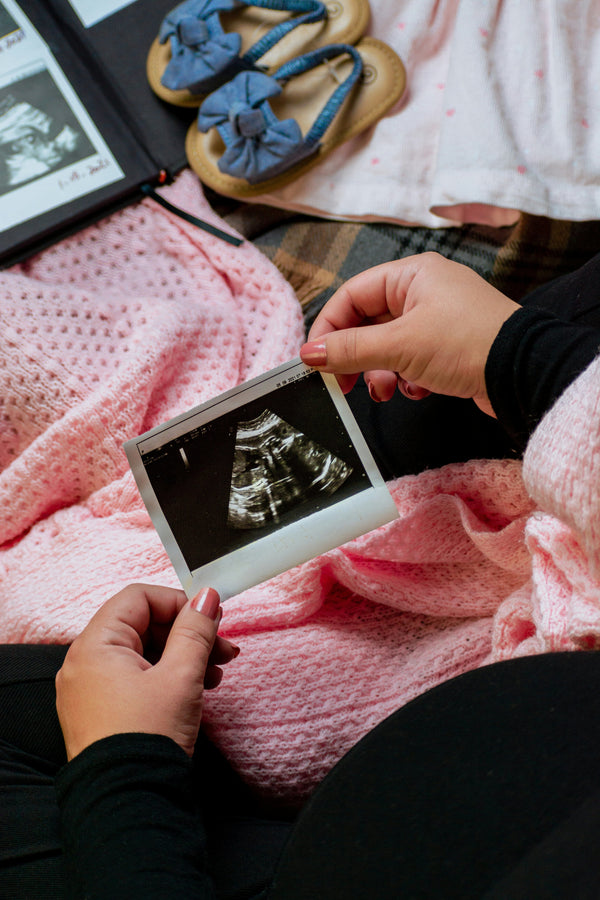Article
Quickening in pregnancy: What you need to know
Posted on
During pregnancy, many expectant mothers eagerly anticipate feeling their baby's movements. This significant milestone is known as quickening. Quickening refers to the first sensations of foetal movement felt by the pregnant person.
Understanding Quickening
Quickening is an exciting milestone in pregnancy that typically occurs between 18 to 25 weeks of gestation. It is important to note that the timing can vary for each individual, and first-time mothers may feel these movements later than those who have had previous pregnancies.
Quickening is a sign of foetal development and is often described as flutters, bubbles, or gentle movements in the womb.
Should I Be Worried?
Feeling quickening is generally considered a positive sign of a healthy pregnancy. However, it is crucial to remember that every pregnancy is unique, and the absence of quickening within the expected timeframe does not necessarily indicate a problem.
Factors such as the position of the placenta, the mother's body shape, and the baby's position can affect when quickening is felt. If you have concerns or if you do not feel any movement after the anticipated timeframe, it is advisable to contact your healthcare provider for reassurance and guidance.
Tips for Supporting a Happy and Healthy Pregnancy
While quickening is an exciting milestone, there are several other ways you can support a happy and healthy pregnancy:
- Eat a balanced diet: Ensure you are consuming a variety of nutritious foods, including fruits, vegetables, whole grains, lean proteins, and healthy fats. This helps provide essential nutrients for both you and your growing baby.
- Stay hydrated: Drink plenty of water throughout the day to support proper hydration and aid in the development of the amniotic fluid.
- Exercise regularly: Engage in gentle exercises approved by your healthcare provider, such as prenatal yoga or walking. Regular exercise helps maintain fitness, improves circulation, and promotes overall well-being.
- Get sufficient rest: Allow yourself adequate time for rest and sleep to support your energy levels and overall health.
- Attend prenatal appointments: Regularly visit your healthcare provider for prenatal check-ups, screenings, and necessary tests. This ensures proper monitoring of your pregnancy and early detection of any potential concerns.
- Manage stress: Find healthy ways to manage stress, such as practicing relaxation techniques, engaging in hobbies, and seeking support from loved ones.
- Take prenatal supplements: Ensure you're taking the appropriate prenatal supplements, including omega 3, vitamin D, folate, iron, and other essential vitamins and minerals.
Quickening is an exciting milestone that signifies the first movements of your baby during pregnancy. It is a normal and positive sign of foetal development. However, every pregnancy is unique, and if you have concerns about the timing of quickening or any other aspect of your pregnancy, it is best to consult with your healthcare provider for guidance and reassurance.
Further reading
-

Is this normal in trimester 2?
Pregnancy can feel like a constant swirl of questions and new experiences. The second trimester is often called the “honeymoon... -

Myths About Early Pregnancy Safety
Trigger Warning: This post discusses early pregnancy, including topics such as miscarriage and common symptoms. The first twelve weeks of...


